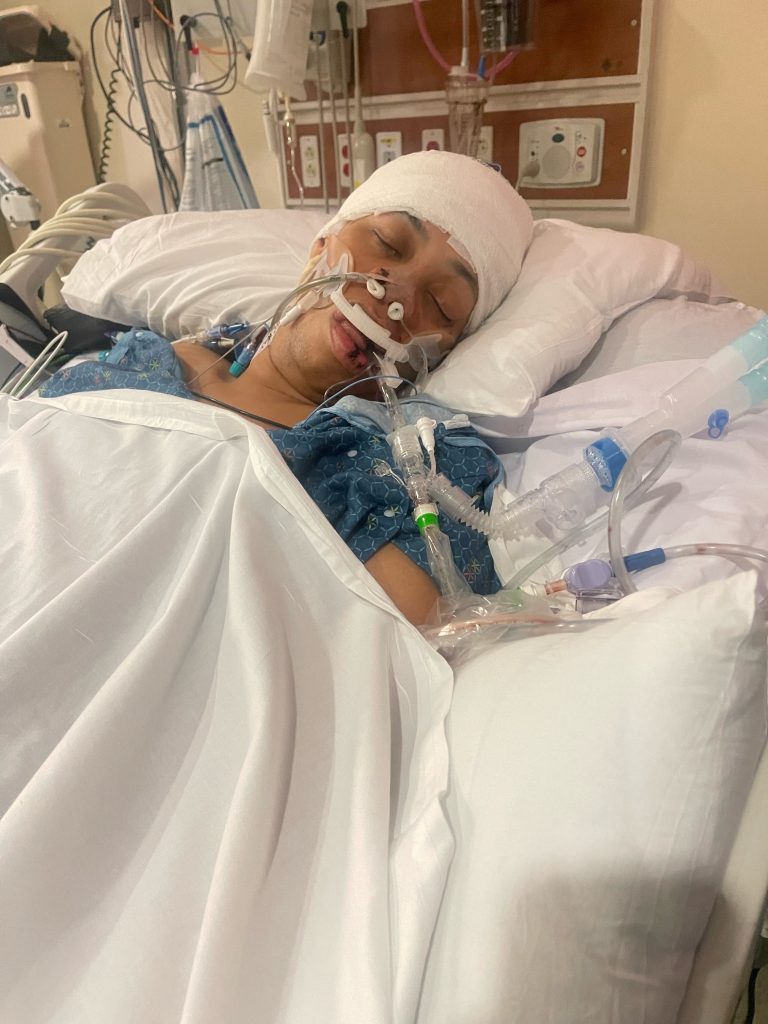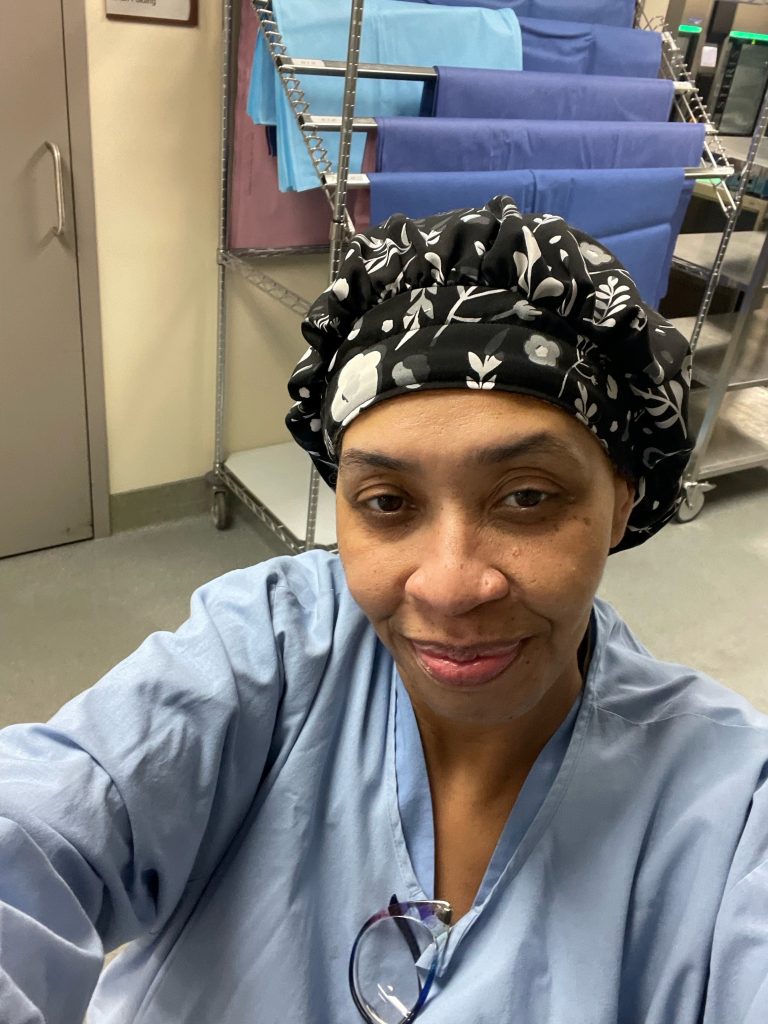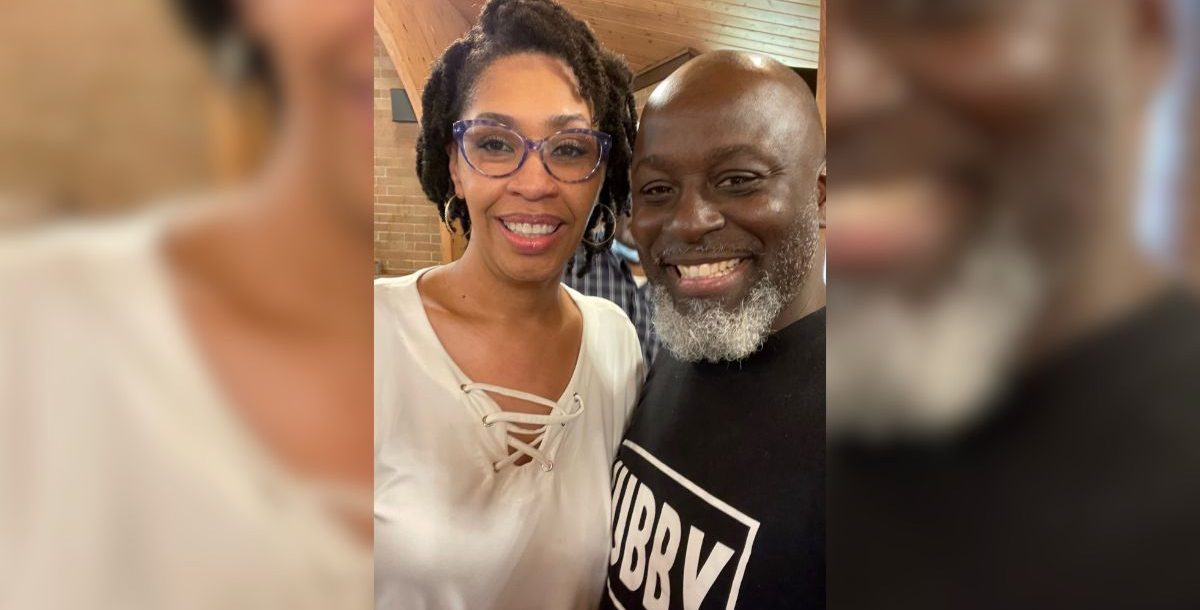Someone in the United States has a heart attack every 40 seconds. Last fall, that someone was LaTeisha Pope.
“I really don’t know what happened because I was at work,” LaTeisha recalls. “My coworker found me. I actually don’t even really know how he found me. I believe I was in the break room, and I was unresponsive.”

LaTeisha knew she wasn’t feeling her best, but she decided to push through and head to work anyway.
“I told my husband I wasn’t feeling great that morning,” she explains. “I was a little nauseous, and I was tired, but I was tired a lot. You just think it’s everyday life and work and that you just need to sleep a little bit more or maybe take some vitamins. It was completely a shock to have a massive heart attack. I’d been walking around like everything was OK, but my body was giving me signs and telling me something wasn’t quite right.”
LaTeisha isn’t the first to miss those signs. Women often don’t experience the classic pain in the left arm or chest area. Instead, they more commonly experiencing nausea, pain in the abdomen and fatigue during heart attacks. It’s also not uncommon for both genders to shrug off or downplay symptoms that they do experience.
“I can’t tell you the number of times a patient has told me they waited to come get checked out because they thought the symptoms they were experiencing were nothing,” Lori Blanton-Baugh, cardiology director in our Springfield market, shares. “That’s why I always tell people it’s OK to come see us – even if you’re unsure. If it’s something, you’re here and can get the care you need. If it’s nothing, that’s also great news.”
LaTeisha may not have sought medical help for her symptoms, but lucky for her, she works as an instrument technician and sterile processor for Mercy Health – Springfield Regional Medical Center. Turns out, the decision to go to work on that November day saved her life.
“I’m glad I went to work otherwise I would have been home alone,” she says.

Instead, LaTeisha’s coworkers – Cole Hobbs and Katrina Seymour – found her and jumped into action right away.
“She and I were working together, and she had just walked away – out of my sight for 5 to ten minutes tops when Cole came to me and said something was wrong,” Seymour explains. “I ran to the breakroom, and when I grabbed her arm and found no pulse, I immediately called for help. I knew she’d said at lunch that day she wasn’t feeling herself, but she just thought it was indigestion. It’s just proof that even if it is a minor thing, it never hurts to get checked out.”
As it turns out, LaTeisha had a 100 percent blockage in her heart. Because of her co-workers’ quick actions, doctors were able to put in two stents and now she’s recovering at home. In fact, she’s doing so well that she’s expected to return to work with us next month.
“Recovery has been good,” LaTeisha shares. “I’m just taking it easy and trying to eat healthy.”
A good diet, exercise and stress relief are all important ways to prevent heart disease.
Want to learn more about your heart health? Take our online heart risk assessment today.
Also, learn about the heart and vascular services we provide at Mercy Health.






